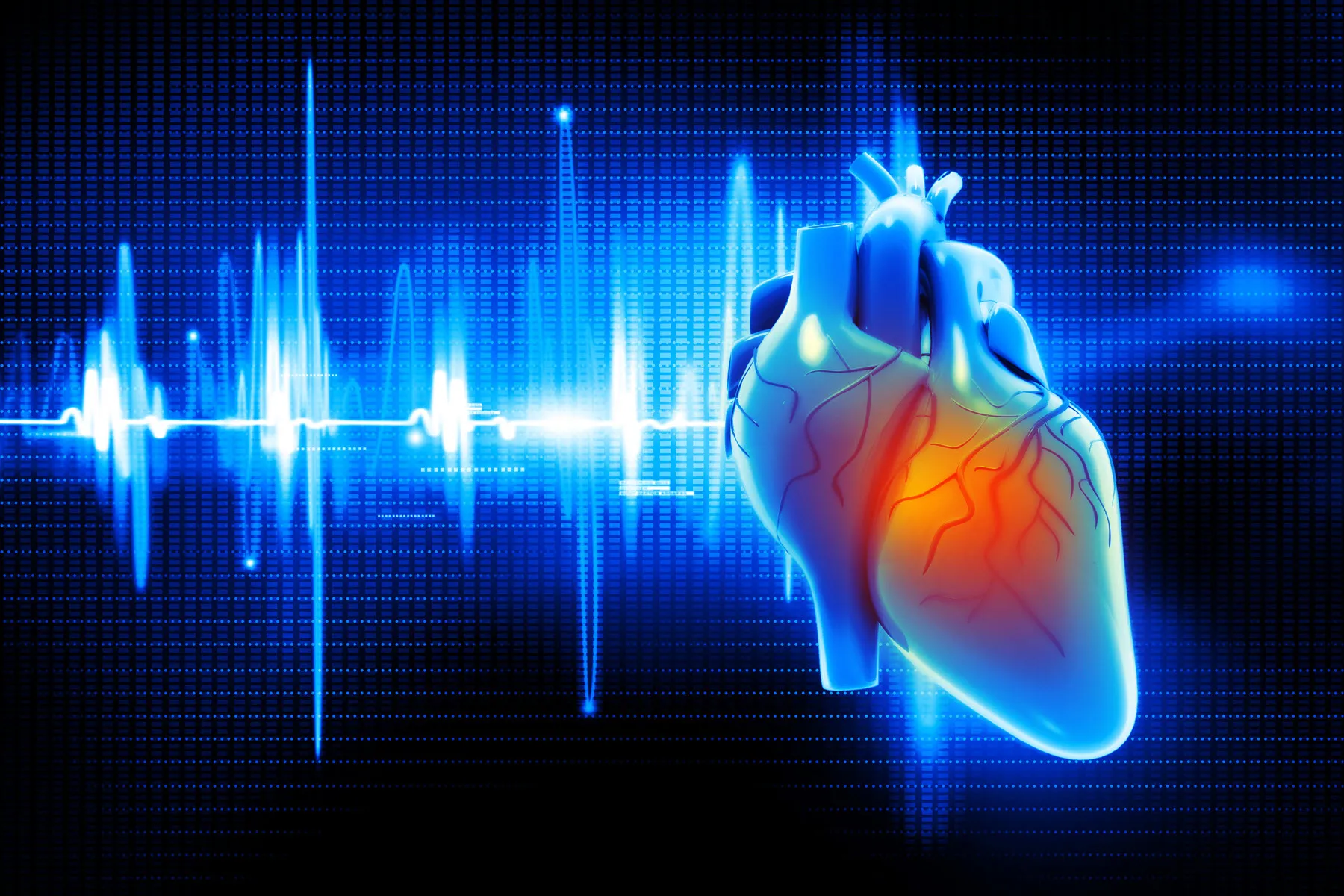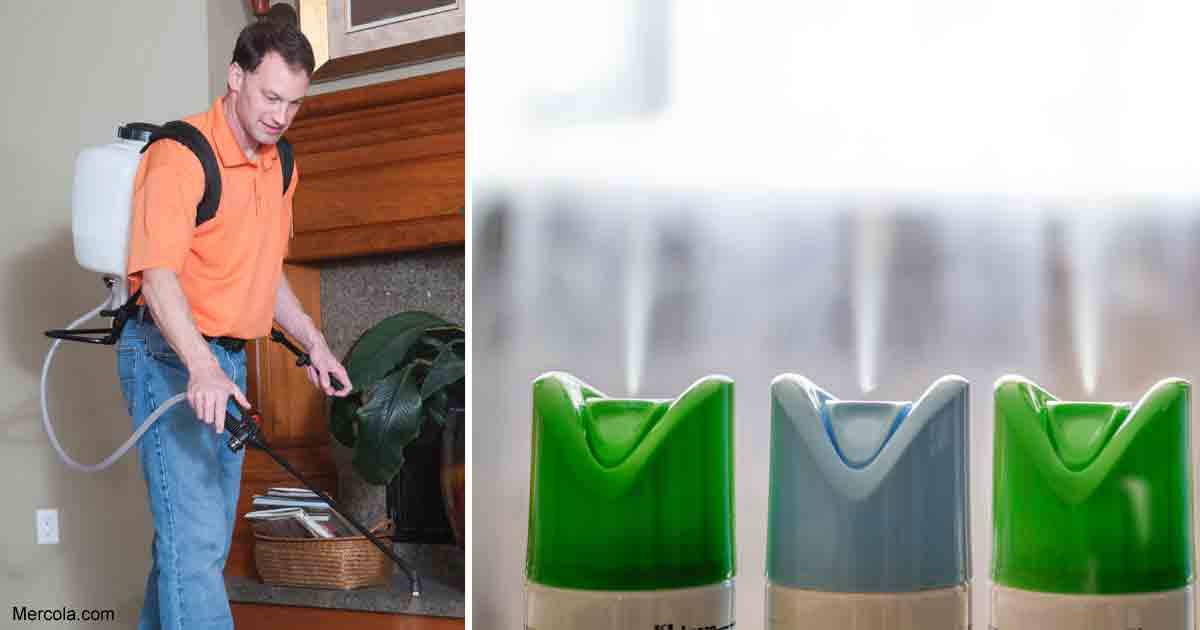
[ad_1]
Dec. 17, 2021 — People exposed to even low levels of certain toxic metals may increase their risk of atherosclerosis, the plaque buildup in the arteries that can cause strokes and heart attacks.
A large study in Spain evaluated middle-aged people (97% of whom were male) working in an auto body factory to look for impacts of toxic metals on heart health. The results showed that exposure to toxic metals arsenic, cadmium, and titanium increased the risk of heart issues. Arsenic and cadmium can be found in tobacco, food, and water, while titanium mostly comes from dental and orthopedic implants, pacemaker encasings, cosmetic products, and some foods.
While previous studies have looked at how toxic metal affects the major arteries in the neck, researchers focused on hardening of the arteries that happens before apparent symptoms. By looking at multiple areas, the researchers felt they could “accomplish an earlier and better risk assessment of environmental-related cardiovascular disease,” says study co-author Maria Tellez-Plaza, MD, a senior scientist at the National Center for Epidemiology, Instituto de Salud Carlos III in Madrid, Spain.
The results supported previous evidence linking arsenic and cadmium to adverse events in the heart and blood vessels and added titanium as another potential risk factor.
“Titanium was the interesting factor that hasn’t been [measured] before,” says Aruni Bhatnagar, PhD, director of the Christina Lee Brown Envirome Institute/American Heart Association Tobacco Regulation Center at the University of Louisville. “The real importance of this work is that they were able to measure all these metals and then find out which were more likely to be associated.”
Researchers say further testing is needed in women and the general population to determine sources of potential toxic metal exposure. They also note that current environmental, occupational, and food safety standards for cadmium, arsenic, and other metals may not be enough to protect people from metal-related health risks.
Tellez-Plaza says doctors can help monitor patients’ metal concentrations via blood and urine tests and empower them to take action to protect themselves.
“One strategy is to close the windows in the house and cars if the pollution is high outside, [and] walking through green areas is also beneficial,” she says. “Finally, quitting smoking and protecting passive smokers from secondhand smoke is fundamental.”
[ad_2]
Source link








